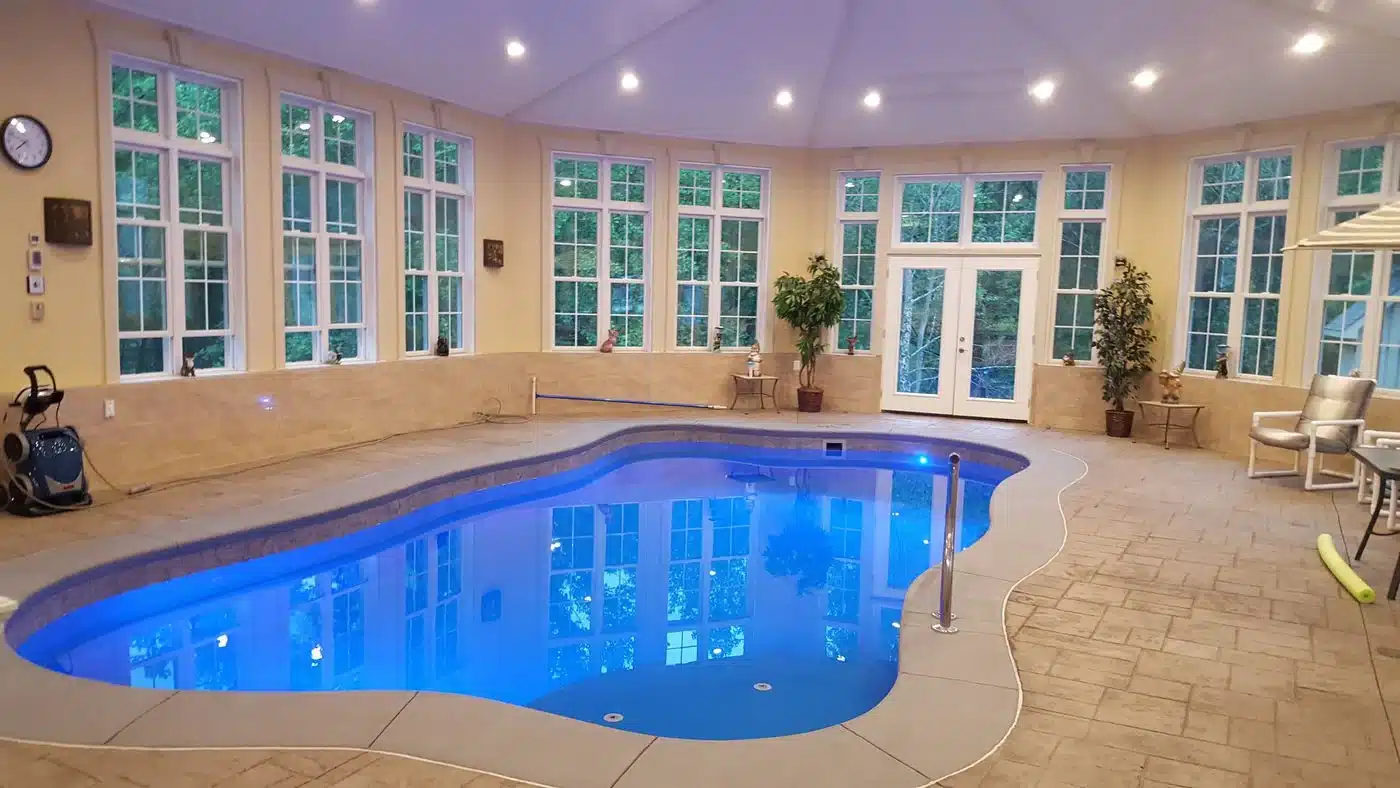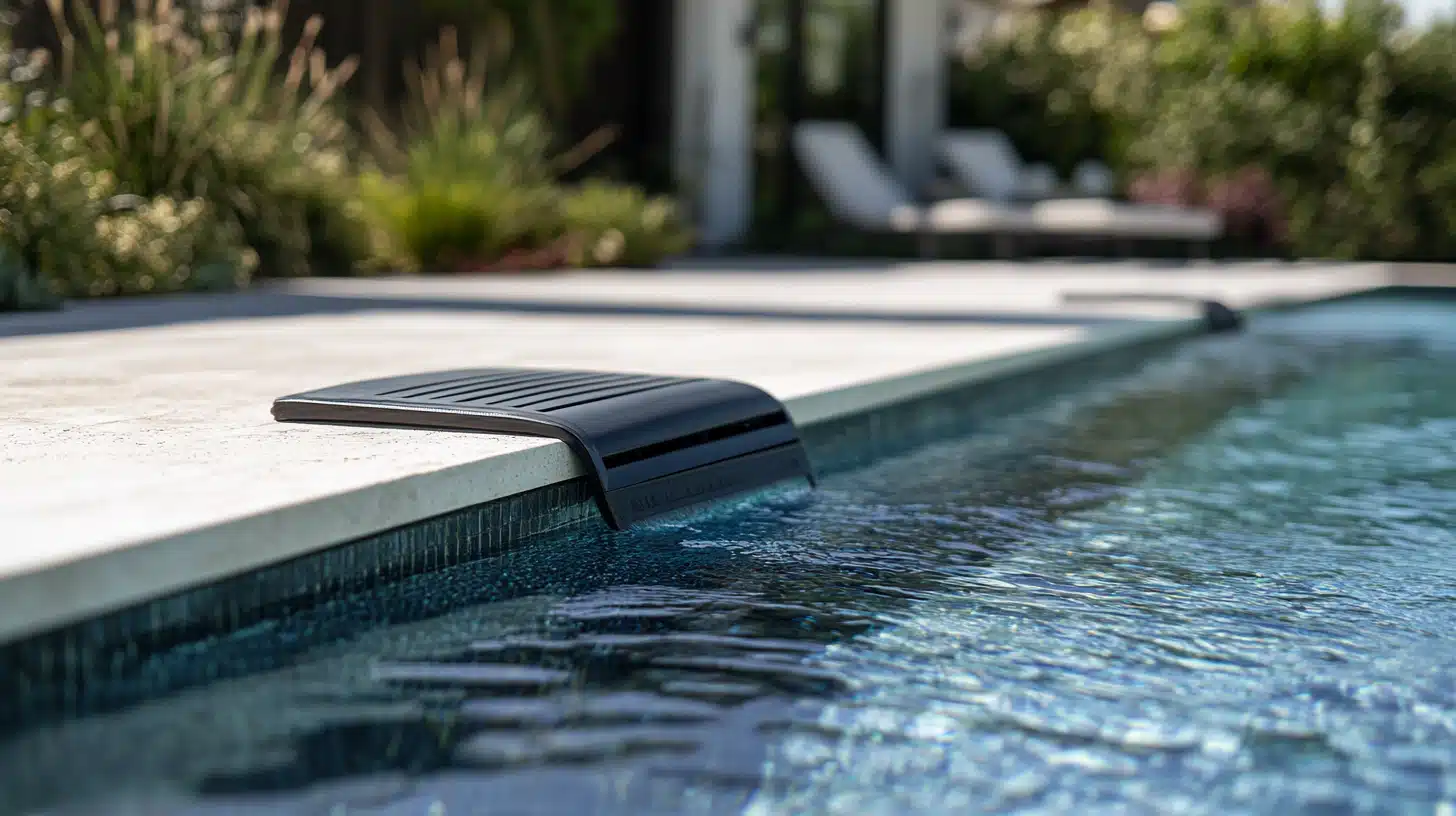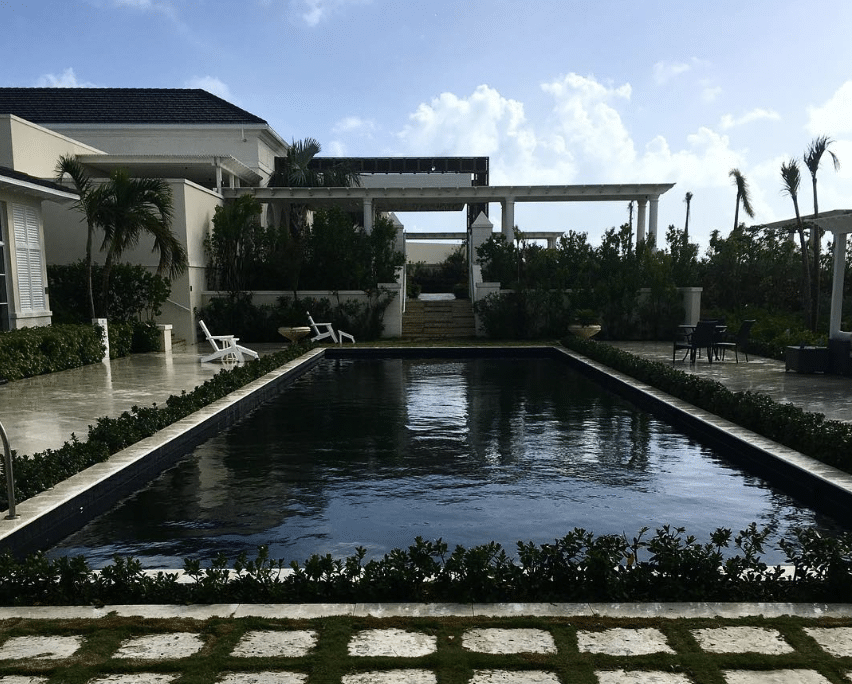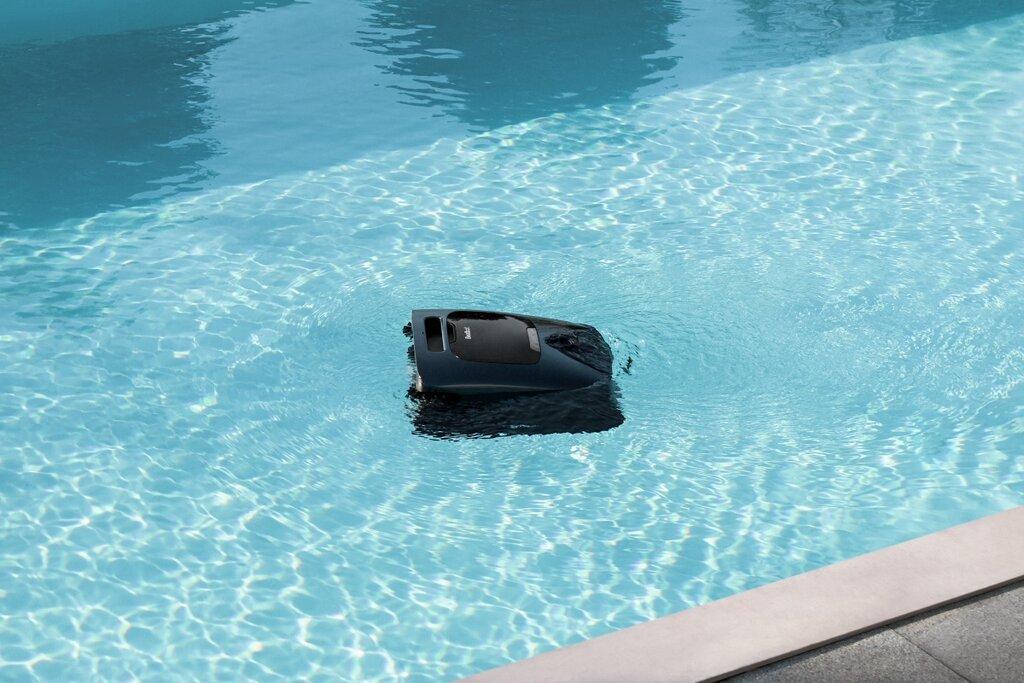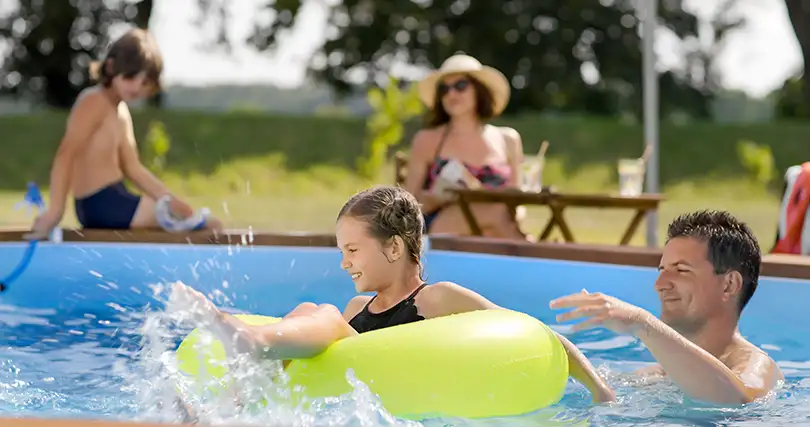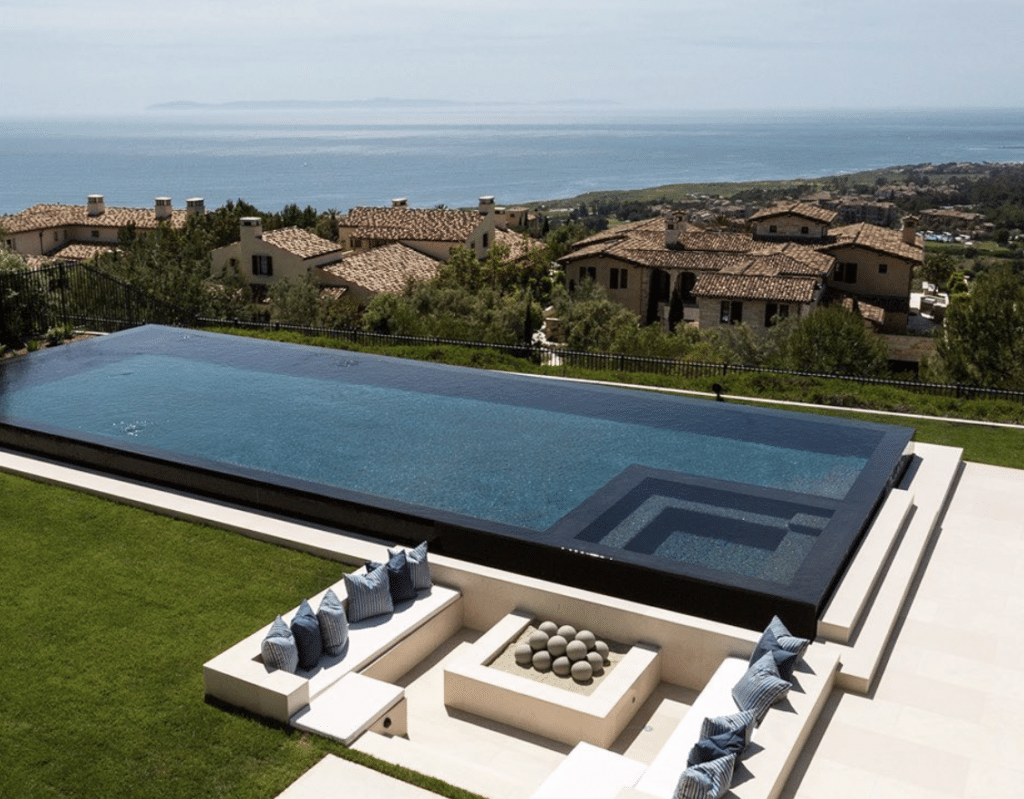Indoor vs. Outdoor Pools: Pros, Cons, and Considerations
When it comes to adding a pool to your home, one of the biggest decisions you’ll face is whether to install an indoor or outdoor pool. This choice isn’t merely a matter of aesthetics; it involves considerations about your lifestyle, budget, and even the climate you live in. Making the right choice will ensure that your pool provides maximum enjoyment and value for years to come.
In this comprehensive guide, we will delve into the pros, cons, and key considerations for both indoor and outdoor pools, helping homeowners and pool enthusiasts make an informed decision that aligns perfectly with their needs and preferences.
Indoor Pools: A Closer Look
Advantages and Benefits
- Year-Round Usage: One of the most significant benefits of an indoor pool is the ability to use it throughout the year, regardless of weather conditions. Be it winter or summer, your swimming activities remain uninterrupted.
- Privacy: Indoor pools offer a high level of privacy, free from the prying eyes of neighbours or passersby. This can be particularly appealing for those who value their personal space.
- Controlled Environment: Temperature, humidity, and cleanliness can be meticulously controlled in indoor pools, creating a consistently comfortable and pleasant swimming experience.
- Health Benefits: Indoor pools are often associated with health and wellness facilities. They’re ideal for low-impact exercises, hydrotherapy, and aerobic activities, contributing to overall fitness and well-being.
Considerations for Installation and Maintenance
- Space Requirements: An indoor pool requires significant indoor space, which may involve extensive renovations or extensions to your existing home structure.
- Ventilation and Dehumidification: Proper ventilation is crucial to manage humidity levels, preventing mould and structural damage. High-quality dehumidification systems are essential but can be costly.
- Lighting and Ambiance: Indoor pools rely on artificial lighting, which adds to the operational costs. However, it also allows for creative lighting designs to enhance the pool’s ambiance.
- Initial Costs and Maintenance: The initial construction costs for indoor pools can be higher due to the need for additional building work and specialised equipment. Routine maintenance is also more intensive to ensure air and water quality.
Lifestyle and Health Considerations
- Exercise and Rehabilitation: Indoor pools provide an excellent environment for regular exercise, especially for those with joint issues or arthritis, as water activities are low-impact.
- Family and Social Activities: These pools can become a central hub for family fun and social gatherings, irrespective of external weather conditions.
- Customisation: You can customise the indoor pool area to include additional features like a sauna, hot tub, or a dedicated fitness space, making it a multi-functional wellness area.
Outdoor Pools: A Closer Look
Advantages and Benefits
- Aesthetic Appeal: Outdoor pools significantly enhance the visual appeal of your property. They can be designed to blend seamlessly with landscaping, offering a picturesque addition to your outdoor space.
- Social Hub: Outdoor pools are perfect for entertaining guests, hosting pool parties, and family gatherings, providing a natural social hub during warmer months.
- Natural Lighting and Fresh Air: Natural sunlight and fresh air enhance the swimming experience, contributing to overall well-being and enjoyment.
- Lower Initial Costs: Generally, outdoor pools are less expensive to install compared to indoor pools. The construction process is straightforward, involving fewer structural modifications.
Considerations for Location, Design, and Privacy
- Location and Climate: Outdoor pools are greatly influenced by geographical location and climate. In regions with long summers, they offer excellent usability, whereas in colder climates, their use may be seasonal.
- Design and Landscaping: The design should harmonise with the existing landscape, considering factors such as sun exposure, wind patterns, and natural barriers. Proper landscaping can also provide added privacy.
- Safety and Security: Ensuring safety is paramount. Installing fences, pool covers, and alarm systems is necessary to prevent accidents, particularly if young children are around.
- Maintenance Challenges: Outdoor pools require diligent maintenance. Debris like leaves, dirt, and insects need regular cleaning. Seasonal maintenance, including winterising the pool, is essential to prolong its lifespan.
Seasonal Use and Maintenance Challenges
- Seasonal Variations: Depending on where you live, the usability of outdoor pools can be limited to certain seasons. This can reduce the value you get from your investment.
- Weather Impact: Outdoor pools are exposed to the elements, which means they can suffer from weather-related damage over time. Protective measures, such as pool covers and windbreaks, can mitigate some of these effects.
- Chemical Balance: Outdoor pools often require more frequent adjustments to their chemical balance, as factors like rainfall, sun exposure, and organic debris can impact water quality.
The Decision-Making Process
Factors to Consider When Choosing Between Indoor and Outdoor Pools
- Budget: Assess both the initial installation costs and ongoing maintenance expenses. Indoor pools generally have higher upfront costs but offer year-round usability. A local pool builders perth can help give you a ballpark number for how much it will cost to have a pool professionally installed.
- Space Availability: Consider the available space in and around your home. Indoor pools require significant indoor space, while outdoor pools need ample yard space.
- Lifestyle Preferences: Reflect on how you plan to use the pool. If you prioritise privacy and year-round use, an indoor pool may be more suitable. For those who enjoy outdoor activities and social gatherings, an outdoor pool might be the better choice.
- Health and Wellness Goals: If the pool will primarily be used for fitness and rehabilitation, an indoor pool’s controlled environment is advantageous. Outdoor pools, on the other hand, offer benefits like natural light and fresh air, contributing to overall well-being.
Cost Comparisons and Long-Term Investments
- Initial Construction Costs: Indoor pools require more extensive construction work, including building modifications and specialised equipment, leading to higher initial costs.
- Operational and Maintenance Costs: Indoor pools often incur higher operational costs due to climate control systems. However, they don’t face the seasonal maintenance challenges of outdoor pools.
- Property Value: Both types of pools can increase property value, but the extent depends on the quality of installation and regional preferences. In some areas, a well-designed outdoor pool can significantly boost property value, while in others, an indoor pool may be more desirable.
Climate and Geographical Considerations
- Local Climate: The local climate plays a crucial role in deciding between an indoor and outdoor pool. In regions with extreme temperatures or unpredictable weather, indoor pools offer consistent usability.
- Geographical Factors: Consider geographical factors such as terrain, soil stability, and local regulations. These factors can impact the feasibility and cost of installing either type of pool.
Conclusion
Choosing between an indoor and outdoor pool is a significant decision that requires careful consideration of various factors, including budget, space, lifestyle, and climate. Both options offer unique advantages and come with their own set of challenges.
Indoor pools provide year-round usability, privacy, and a controlled environment, making them ideal for fitness enthusiasts and those living in regions with harsh climates. On the other hand, outdoor pools offer aesthetic appeal, a natural social hub, and lower initial costs, making them perfect for entertaining and enjoying sunny days.
Ultimately, the best choice depends on your specific needs and preferences. By considering the pros and cons outlined in this guide, you can make an informed decision that will bring you joy and enhance your property for years to come.

